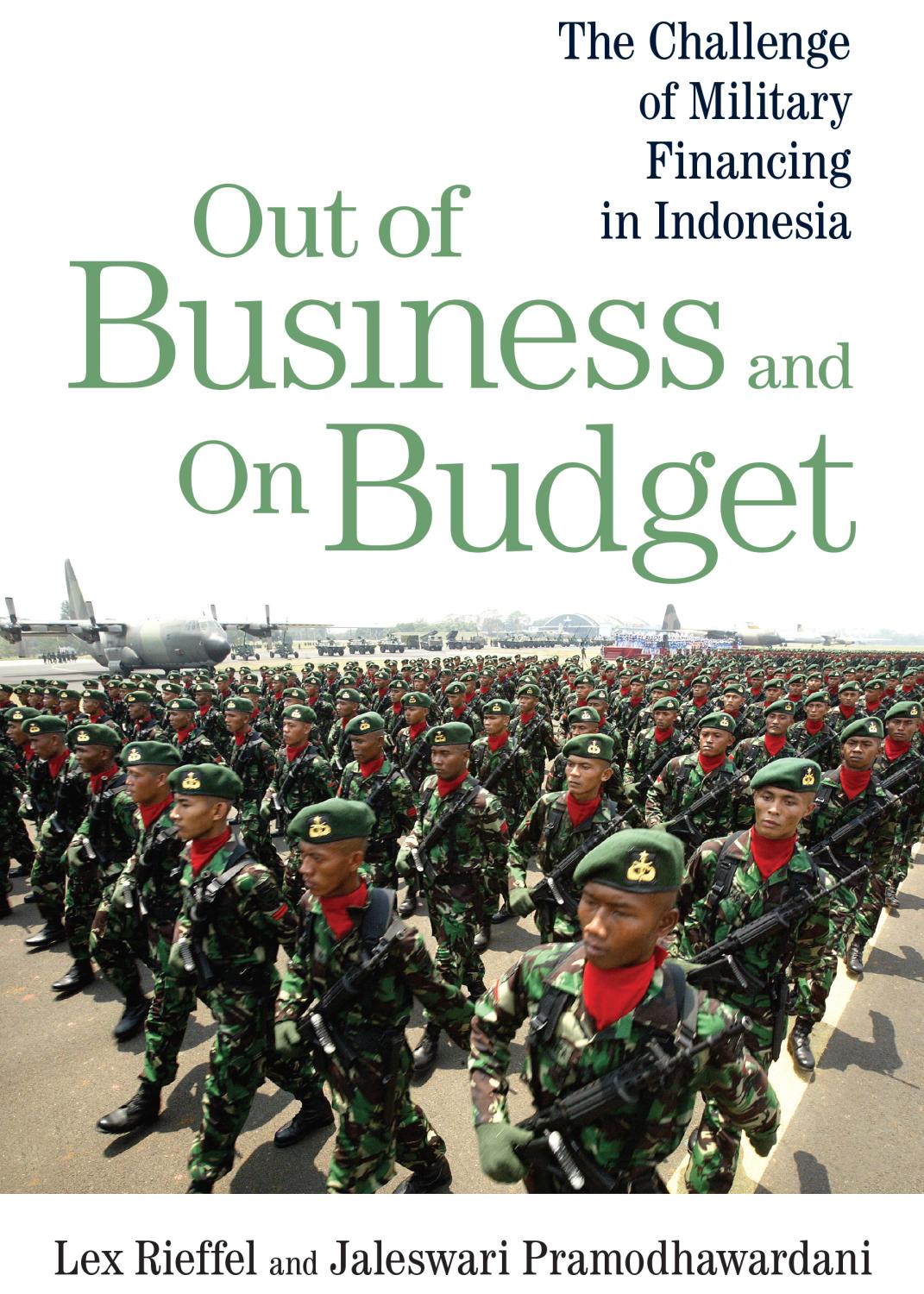Indonesia has the fourth largest total population and the largest Muslim population of any nation on earth. Indonesia’s transition to democracy, thus, is critically important at a time when the West’s relationship with much of the Muslim world is problematic and the push for greater democracy worldwide is a U.S. priority. A major impediment to democracy in Indonesia and several other nations is a military establishment that is not financially accountable to civilian leaders and thus nearly impossible to control. This new study examines what is necessary to bring the Indonesian military “on-budget”—what policies are required, what Indonesia can learn from other nations (e.g. China, Turkey),—and what a realistic timetable looks like. More than half of what the Indonesian armed forces spend is believed to come from sources other than the national budget. These sources include a vast array of commercial enterprises, non-profit foundations, cooperatives, and rent-seeking activities. Lex Rieffel, who began doing research in Indonesia in 1968 and has extensive experience in economic development and international finance issues, is impressed by the commitment of Indonesia’s new government to reduce the role of the armed forces in the economy and make it a fully professional institution. The concise treatment considers not only the requirements but also the ramifications of success—or failure—in this endeavor and can serve to inform similar efforts in other “democratizing” countries, such as Pakistan and Nigeria.
Authors

Lex Rieffel is a nonresident senior fellow in the Brookings Institution's Global Economy and Development Program. He is author of Restructuring Sovereign Debt: The Case for Ad Hoc Machinery (Brookings, 2003). Jaleswari Pramodhawardani is a researcher at the National Institute of Sciences (LIPI) in Indonesia and a member of the Advisory Board of the Indonesian Institute. She has been publishing and speaking on military reform and economics since 1999.
